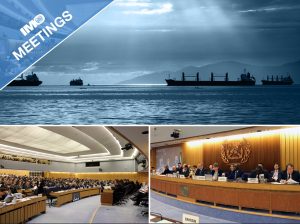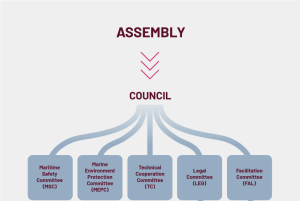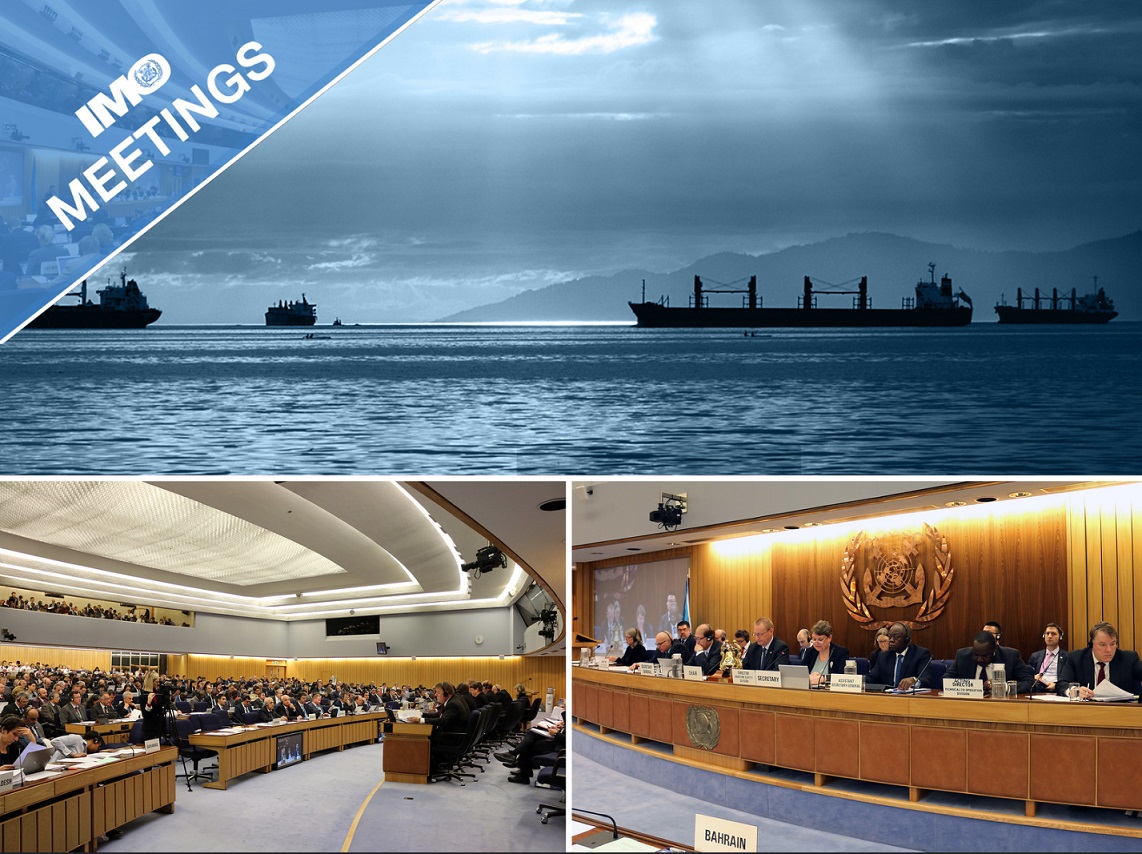06/28/2025
The 110th session of the IMO’s Maritime Safety Committee (MSC 110), held from 18 to 27 June 2025, introduced significant regulatory updates aimed at enhancing maritime safety, embracing new technologies, and supporting the industry’s transition to alternative fuels. Here are the key takeaways from the meeting:

1. Enhanced Pilot Transfer Safety
MSC 110 adopted amendments to SOLAS Chapter V, introducing new Performance Standards for pilot transfer arrangements to improve safety for personnel boarding and disembarking ships. Key deadlines include:
-
New installations must comply by 1 January 2028.
-
Existing SOLAS ships must retrofit by the first survey after 1 January 2029.
-
A new MSC Circular encourages voluntary early implementation.
2. Autonomous Ships: Progress on the MASS Code
The non-mandatory Code for Maritime Autonomous Surface Ships (MASS Code) saw major progress, with 18 chapters finalized. Key points:
-
Unmanned MASS must assist in search and rescue (SAR) operations, even without crew.
-
The code does not relax SOLAS requirements—exemptions require flag state approval.
-
A mandatory MASS Code is expected by 1 January 2032.
3. Alternative Fuels & New Technologies
The committee addressed regulatory barriers to alternative fuels and decarbonization technologies, including:
-
Updates to the IGF Code to clarify its application to all gaseous fuels, regardless of flashpoint (expected 1 July 2028).
-
Interim training guidelines for seafarers working with alternative fuels (STCW.7/Circ.25).
-
Review of the Nuclear Merchant Ships Code to align with modern technology.
4. Emergency Towing Requirements Extended
New SOLAS II-1/3-4 amendments will require emergency towing devices on all ships over 20,000 GT (not just tankers) from 1 January 2028.
5. Cargo Safety Updates
-
IMSBC Code amendments (effective 1 January 2027) include:
-
New cargo schedules (e.g., aluminium sulphate, fish meal, incinerator ash).
-
Prohibitions on temperature measurements in holds carrying ferrous metal borings.
-
-
IGC Code revisions (expected 2028) to incorporate Unified Interpretations for liquefied gas carriers.
6. Cyber Risk Management & Human Element
-
A non-mandatory cybersecurity code is under development to enhance ship cyber resilience.
-
New guidelines will address falls from heights and escape arrangements from machinery spaces.
7. Life-Saving Equipment & Fire Safety
-
Simulated launching of free-fall lifeboats will require shock load-resistant testing equipment.
-
Revised smoke/heat detector spacing rules (FSS Code).
-
Updated firefighters’ outfit standards.

Next Steps & Recommendations
-
MSC 111 (May 2026) will finalize amendments for the 2028 SOLAS update.
-
Shipowners should monitor DNV’s Compliance Planner for impact assessments.
Conclusion
MSC 110’s decisions reflect the IMO’s push for safer, greener, and more technologically advanced shipping. With new rules on autonomous ships, alternative fuels, and emergency preparedness, the industry must prepare for upcoming compliance deadlines.
Stay updated—subscribe to our newsletter for the latest regulatory insights!


Danke
thank you for good information.
Thank you, I’ve recently been looking for information approximately this subject for a while and yours is the greatest I’ve came upon so far. However, what about the bottom line? Are you certain concerning the source?